Veteran director Sunil Shanbag remembers Girish Karnad's influence on his work, and Indian theatre
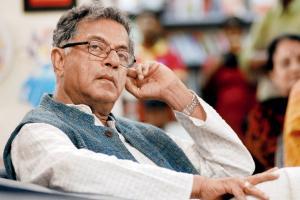
Girish Karnad
 In around 1972-73, when I was still in school, I happened to see Girish Karnad's play Hayavadana, directed by Satyadev Dubey. And that had a very strong influence on me. Even today, I remember how that performance had panned out on stage. It was clear to me after seeing Hayavadana — which involved both the play itself, and its production — that I wanted to do theatre.
In around 1972-73, when I was still in school, I happened to see Girish Karnad's play Hayavadana, directed by Satyadev Dubey. And that had a very strong influence on me. Even today, I remember how that performance had panned out on stage. It was clear to me after seeing Hayavadana — which involved both the play itself, and its production — that I wanted to do theatre.
ADVERTISEMENT
Over the years, I read a lot of his plays. There were two things that connected me to what he wrote: his deep interest in folk tales and how he was able to use them as metaphors, and his love for history. He belonged to a generation of playwrights who forged an entirely new identity for contemporary Indian theatre. It was a generation of writers who were sensitive to what was happening around them and their work reflected their political concerns, and understanding of society. Girish's greatest strength was his cultural rootedness. The fact that he always wrote first in Kannada says a lot. Of course, his own English translations of his works were superb. He was a great conversationalist, extremely well read, erudite, and made connections between what you would think were very discreet things. It was that kind of a mind.
We would meet on and off; not as much as one would have liked. But he was very supportive and generous. When I was trying to get some funding to go to England in the mid-'80s, he very kindly wrote a letter of recommendation. Most recently, when there was this brouhaha about my Sangeet Natak Akademi award — whether it should have been given or not — he wrote this wonderful letter to the chairman of the academy, firstly congratulating him for having stood by the decision of the committee to award me, and then making a couple of powerful political points. He has been a great support, doing what he believed was right. He stood by his fearless positions on his political beliefs and stood up for Kalburgi and Gauri Lankesh, despite the threats to his own life. Not many writers would do that.
I had always wanted to do Hayavadana at some point, as a tribute to that first encounter. But, every time I planned to do it, somebody else was already doing a production of it. It was only this year that, for the first time, I directed another of his plays, Rakt Kalyan. It's a fine example of how he used history to understand the contemporary situation. His plays are challenging and complex. But when you have a script written by a master playwright, half of your job is done.
I met him when we took the production to Bangalore. He was very thrilled that we were doing Rakt Kalyan in western India — the play had had many productions in Kannada and Delhi — and that I was doing it with students. He was quite frail, but most pleased that he had finished writing a play on the Vijaynagar empire at the age of 81. I believe he was also working on the translation of his autobiography, which is out in Kannada.
A playwright's work deserves to be staged. That's when it really completes the circle. There is a lot of academic writing on his work, including critiques and PhD theses. But eventually, a play needs to be produced. And I really hope that more people take on his work and produce it so we have the advantage of seeing different interpretations of his writing. It's a huge loss. The best way we can pay a tribute to him and keep his legacy alive is to keep producing his plays.
Best films
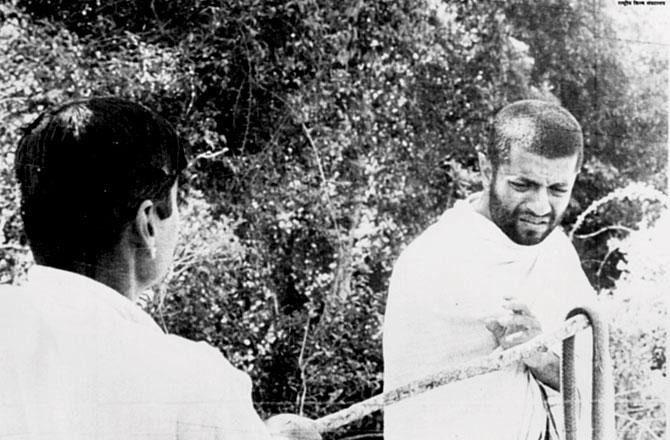
Made his acting and screen-writing debut with Samskara, based on a book by legendary Kannada writer UR Ananthamurthy. The film won the President's Golden Lotus Award for Kannada Cinema.
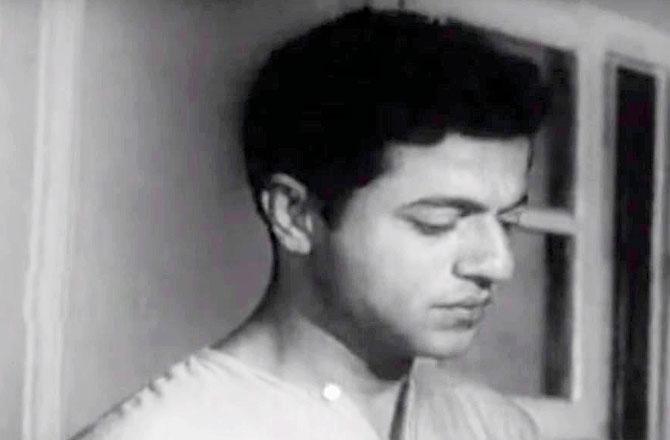
Made his directorial debut with Vamsha Vriksha (1971) and earned the National Award for Best Director for the film.
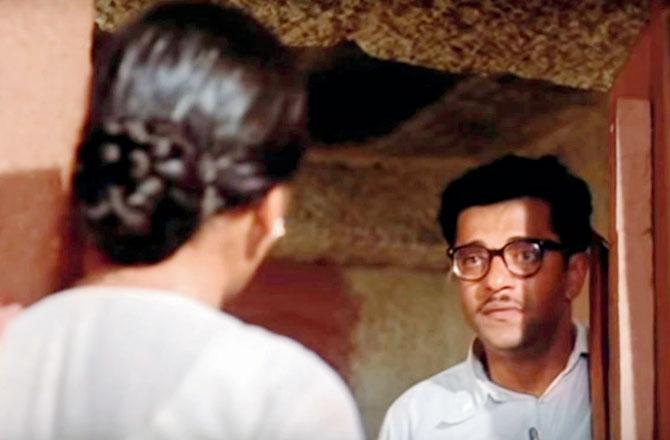
Shyam Benegal's Nishant was Karnad's early fray into Hindi cinema. The film won a National Film Award, and a Palm d'Or nomination.
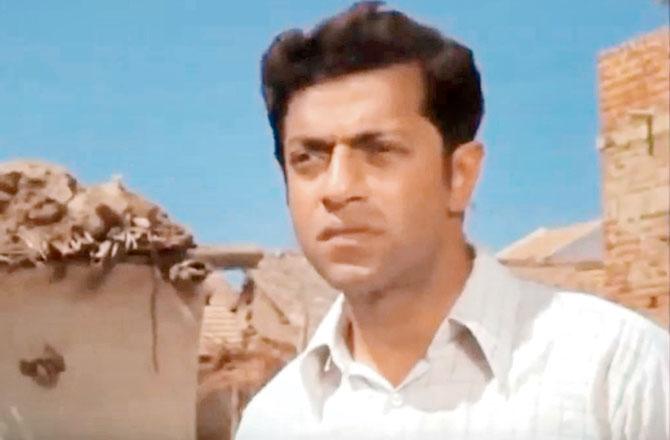
Karnad's Manthan was India's official entry to the 1976 Academy Awards.
Other works
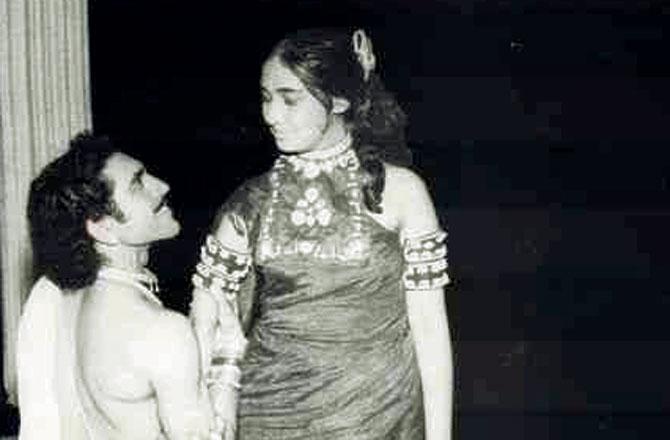
Wrote his first play, Yayati, in 1961 when studying as a Rhodes scholar at the University of Oxford
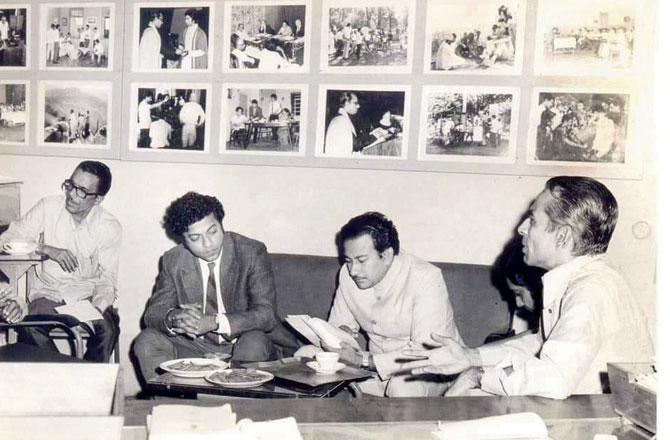
Served as the Director of the Film and Television Institute of India (1974-1975)
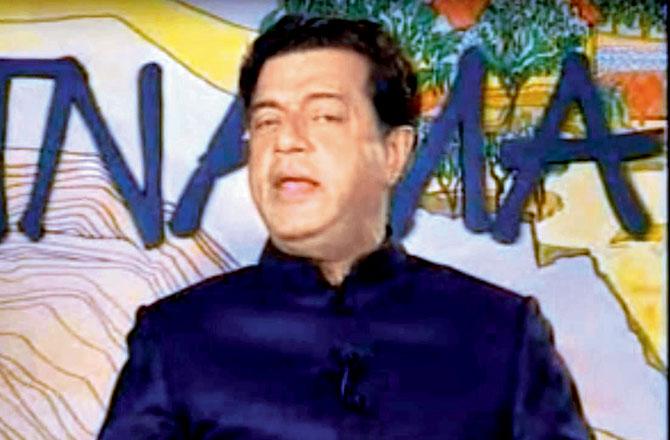
Hosted the science magazine Turning Point on Doordarshan in the early 1990s
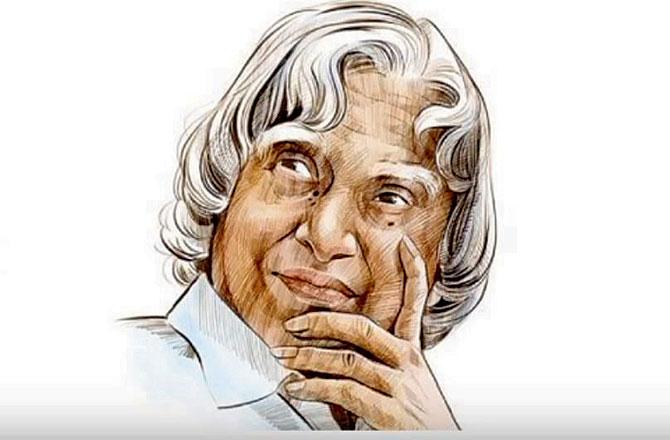
Lent his voice to APJ Abdul Kalam autobiography, Wings of Fire (1999)
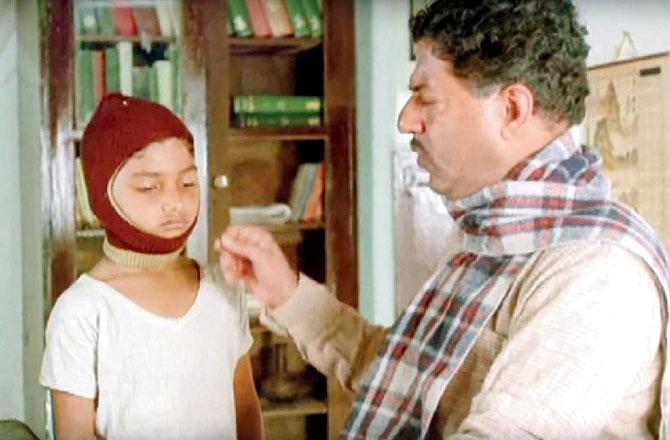
Featured in television shows like Malgudi Days as Swami's father, and in Indradhanush
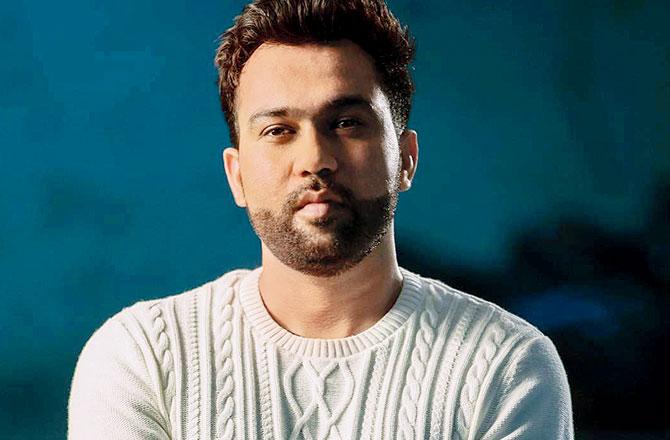
Ali Abbaz Zafar
last director to work with Karnad (Tiger Zinda Hai)
"He believed in reading the script instead of [going through] a narration. He pushed me to focus on the written word. He was a sounding board, who taught me the value of writing and how imagination needs to crystallised into words to make an impact."
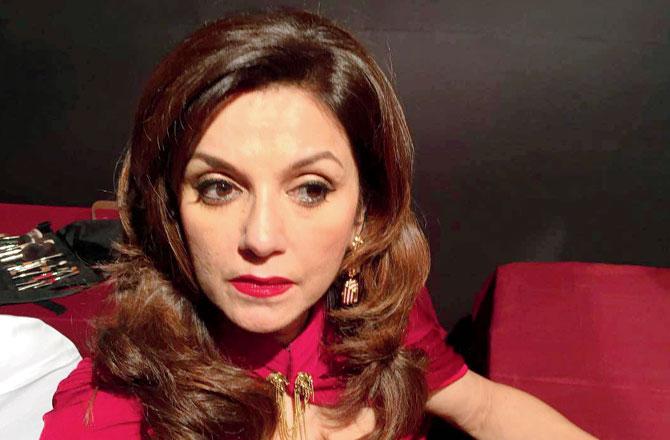
Lillete Dubey
directed Karnad's play, Wedding Album
"I met him about 15 years ago in relation to directing his play, Wedding Album. What really resonated with me was that he was a passionate theatre lover. With his passing, the era of socially aware playwrights including Mohan Rakesh, Vijay Tendulkar and Badal Sircar is truly over."
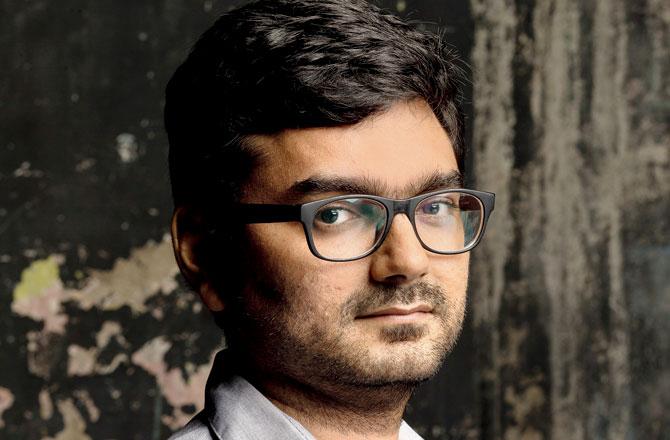
Quasar Thakore Padamsee
Theatre artiste, inspired by Karnad
"With his wide and varied plays that dealt with the human condition, he was the Shakespeare of India. In today's India, when we are so mindful of what we say, he had the gall to wear an "urban naxal" placard. We have lost a theatre rockstar. He is gone, but his plays will live forever."
Catch up on all the latest entertainment news and gossip here. Also download the new mid-day Android and iOS apps to get latest updates
 Subscribe today by clicking the link and stay updated with the latest news!" Click here!
Subscribe today by clicking the link and stay updated with the latest news!" Click here!






